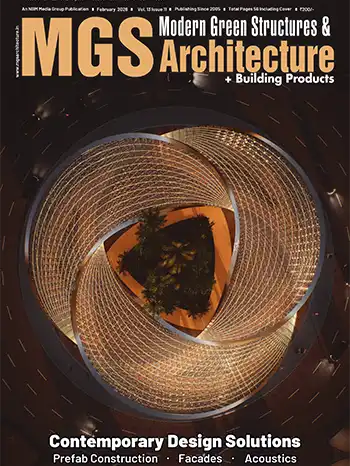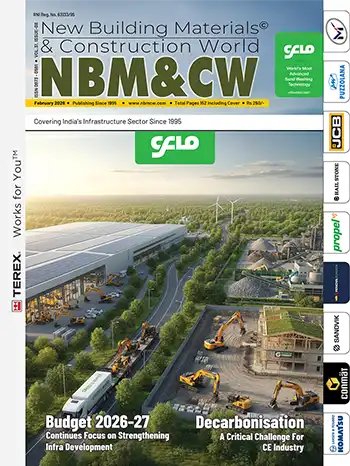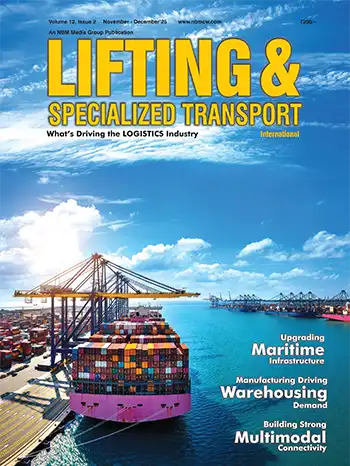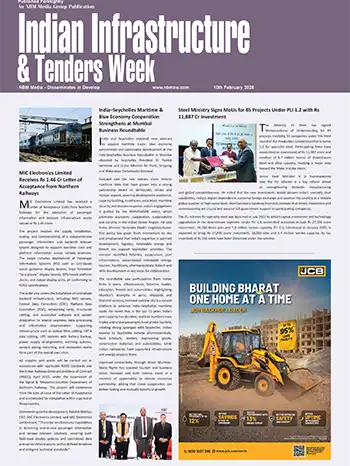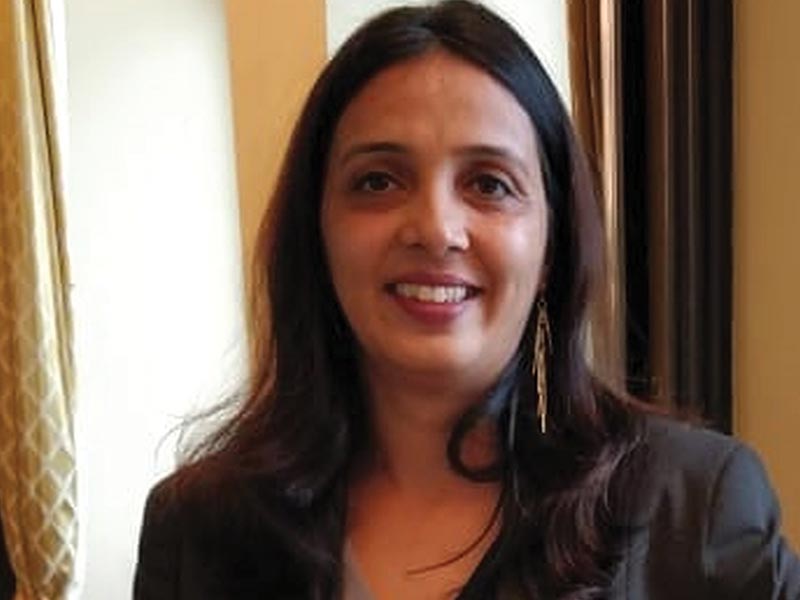
Newer and greener technologies like Precast and System Formwork are ensuring faster delivery of projects. Today, how we conceptualize, design, do land profiling and use satellite imageries, all are led by technology. This is helping in bringing down the overall turnaround time for projects and managing inventory better. Project management is also aided by technology like CAD, 3D BIM for design and construction management, automatic stripps machine for optimizing manpower and productivity.
Increasing concern over global warming has given rise to the concept of Smart Cities.
Smart Cities use information and communication technologies (ICTs) etc to improve quality of life and efficiency of urban operation and services. In sync with this, all TRIL residential properties at TRIL are IGBC pre-certified. We also have smart features incorporated in our projects / sites to collect, analyze, and utilize data to enhance the efficiency of water, wastewater, and energy utilization, as well as our impact on Smart Community Development; for instance, at Santorini, Chennai, a small lake has been developed as a rainwater harvesting feature to enhance water storage for the community.

Environmentally responsible builders are focusing on creating green buildings that provide health and nourishment for communities to flourish.
Owing to the pandemic, home buyers are now seeking large developments with in-house amenities, including open spaces that facilitate community interactions. Builders like TRIL that are environmentally responsible, are focusing on creating green buildings that ensure lower carbon footprint with use of local materials, energy efficiency with solar panels, energy modelling, DGU’s etc; conserving water resources through reuse and recycling; landscapes that harvest rainwater, purify wastewater, protect from dust and air pollution, and grow organic vegetable, herbs and fruits within the premises.
There is low environment footprint even during the operations through use of wastewater, dust mitigation measures, low emissions by using the Chakra innovation, efficient DGs, sourcing power from solar farms, etc. They are also engaging with the local community to help build / rebuild habitats and livelihoods.











